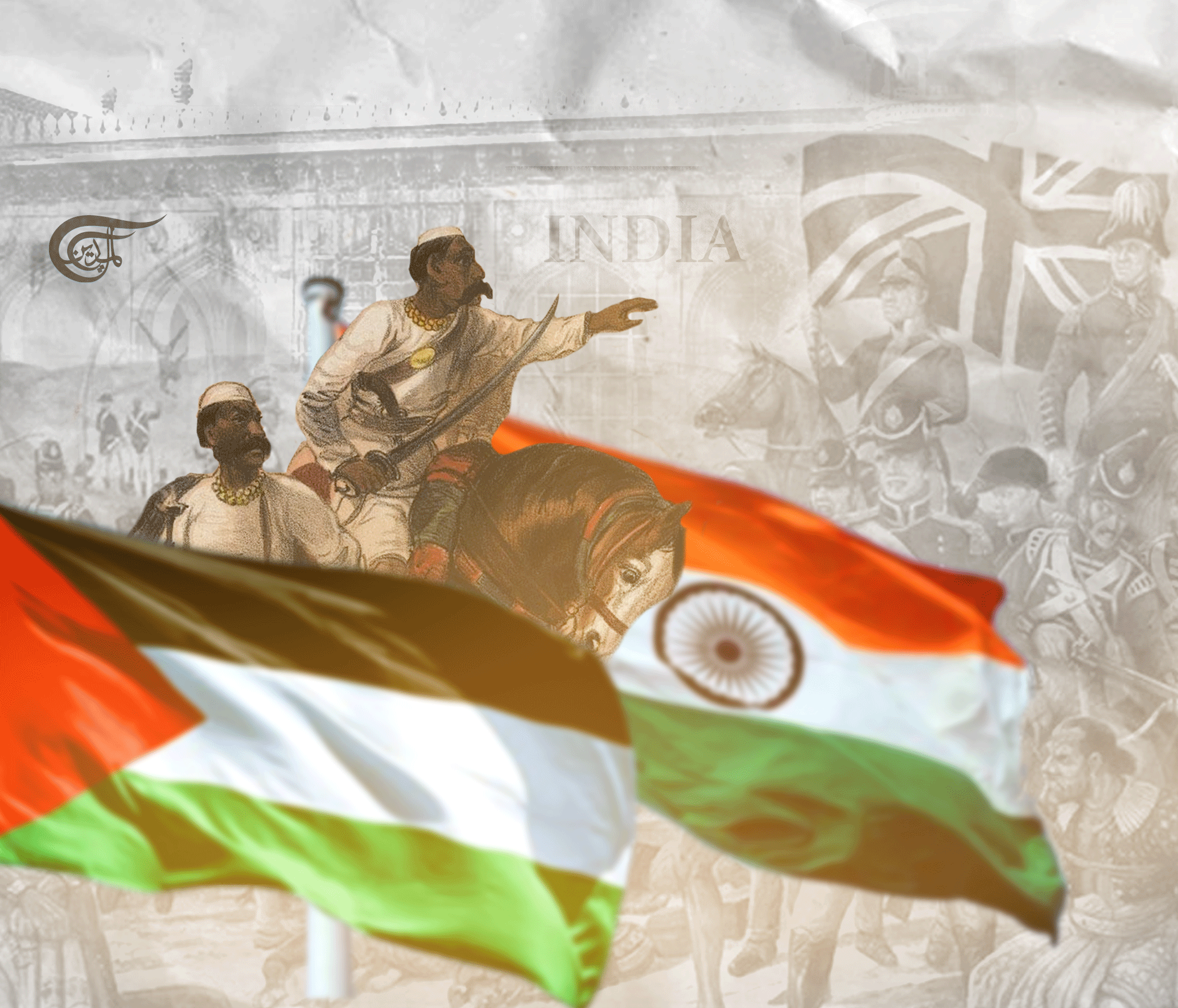Ideal Freedom Is Equal to Similarly Political and Economic Independence
Freedom does not mean just political liberation; it also means freedom from economic subjugation.
Freedom does not mean just political liberation; it also means freedom from economic subjugation.
When the British colonised India, they inflicted severe economic oppression on us. They crippled our traditional enterprise, our crafts, trades and even agriculture. The British rule of India was a period of acute food scarcity and manmade famines. Thus, first the British subjugated us economically, they impoverished us, turned us into paupers, once this happened it was very easy for them to colonise us politically and impose their rules.
Before we became the slaves of the colonial power, we were enslaved by poverty and scarcities. When Gandhi took charge of the freedom movement of India, he realised that the economic subjugation was the real oppressor, and so he set about applying the same British policy used to enslave us, so as to provide us freedom, economic resurgence, economic self-reliance: He called his movement 'Swadeshi' (locally made). He went about reviving the traditional crafts; he empowered our traditional craftsmen to start producing goods, using their traditional skills and domestic industry. He empowered our farmers to till their lands and produce food to overcome the scarcity of food. His first three battles against the British were for the rights of the farmers of India, for their rights. He forced the colonial administration to treat the farmers fairly and justly. He modelled the village industries, India’s traditional crafts to thrive without official patronage, to survive without friendly policies conducted by the Government. Then, he unleashed his most lethal weapon, 'Swadeshi', a patriotic pride in using only local products. He encouraged Indian masses to boycott foreign products, and as a matter of national duty and Nationalist pride only local made products were permitted. He called the people to light a bonfire of English-made clothes and goods. He incited Indians to dump 'British made products' in these bonfires and burn them and use only local made stuff. In his own way, he crippled the British industry, which thrived on the plundering of raw materials from India and selling its products to Indians; thus, totally impoverishing them.
This is how eventually he made it unviable for Britain to rule India and forced them to grant us freedom. He ensured that India was truly independent, politically as well as economically. Writing in his periodical Young India, he said, 'Purna Swaraj' - it means full economic freedom – to millions of labouring classes.
“It is no unholy alliance with any interest for their exploitation. Any alliance must mean their deliverance”
(M. K. Gandhi. Young India: April 16, 1913).
Today the “state of Israel” has similarly subjugated the people of Palestine. Israelis oppressed the Palestinian society politically and submitted the indigenous to their economic influence. The deliverance of the children of Palestine relies on political freedom as much as on economic self-sufficiency. There is a great advantage of economic self-reliance: It can be dissociated from political freedom. Although suffering from political dependency, self-sufficiency can be easily achieved, and yet, it will weaken political subjugation, till eventually the oppressor becomes ineffectual and is overthrown. The people of Palestine must understand this and must work towards this end. They have the Indian model to follow, the 'Gandhi Strategy' to emulate. It won't be easy but its fruits will be sweet, nourishing and abundant. In Palestine food is scarce, as was the case in colonised India. But Palestinians constitute a large population, and if they decide to ensure that one day, soon they will be able to produce enough food to feed their people; day food becomes abundant and the oppressor state will start weakening.
'Let there be no mistake about my conception of “Swaraj” (Self Rule). It is a complete independence from alien control and complete economic independence. So at one end you have political independence, at the other the economic.'
(M. K. Gandhi. Young India: January 2, 1937).
There are programs being run by Palestinians to ensure self-reliance. In the beginning, these may seem to be insignificant but remember that an acorn looks useless, but if you plant it, it will grow a mighty oak. Recently, I was introduced to one such initiative. 'Revive Gaza' It is a project to rescue and revive agriculture in Gaza where the “state of Israel” has unleashed terrifying oppression and subjected the Gazans to severe economic deprivation. 'Revive Gaza' aims to nurture agriculture in Gaza, in other words, to eventually make Gaza economically self-reliant and self-sufficient. Help Gazans take things into their own hands and thus defy oppression and subjugation. The 'Revive Gaza' campaign has been initiated by the Arab Group for the Protection of Nature (APN). Its objective is to rescue the destroyed agricultural sector, and thus empower the people of Gaza. It is a very well thought out decision and overall scheme to empower the agriculturists among the people of Gaza, but others can also get into the field of food production, processing and distribution, it has huge potential and eventually great political power. For the time being, it may be confined to Gaza but once proven there, it can be very effectively implemented in the rest of Palestine and become a very potential weapon of defiance against “Israel”. 'Revive Gaza' is an initiative that must be supported and promoted by reasonable persons. For more information please visit the APN website www. Apnature.org. Many Arab countries have 'normalised' relations with “Israel” to serve their selfish requirements and thus stabbed the Palestinians in their back. Now, the time has come: Palestinians must stop looking for support from their 'friends' and take things into their own hands. The 'Revive Gaza' Campaign is a well beginning model.
In conclusion, I quote the economic constitution that Gandhi thought would best suit India's needs but while he wrote it for India, while its people were still enslaved, he also believed that it was ideal for all of humankind. Palestine must take inspiration from this:
'According to me the Economic Constitution of India, and for that matter of that of the world, should be such that no one under it should suffer from want of food and clothing. In other words, everybody should be able to get sufficient work to enable them to make the two ends meet. And this ideal can be universally realized only if the means of production of the elementary necessaries of life remain in the control of the masses. These should be freely available to all as God's air and water are or ought to be; they should not be made vehicle traffic for exploitation of others. Their monopolisation by any country, nation or group of persons would be unjust. The neglect of this simple principle is the cause of the destitution we witness today, not only in this unhappy land, but in other parts of the world too.'
(M. K. Gandhi, Young India: November 15, 1928).
Although Gandhi wrote this primarily of India, this could have been his message for Palestine.

 Tushar Gandhi
Tushar Gandhi
 6 Min Read
6 Min Read












